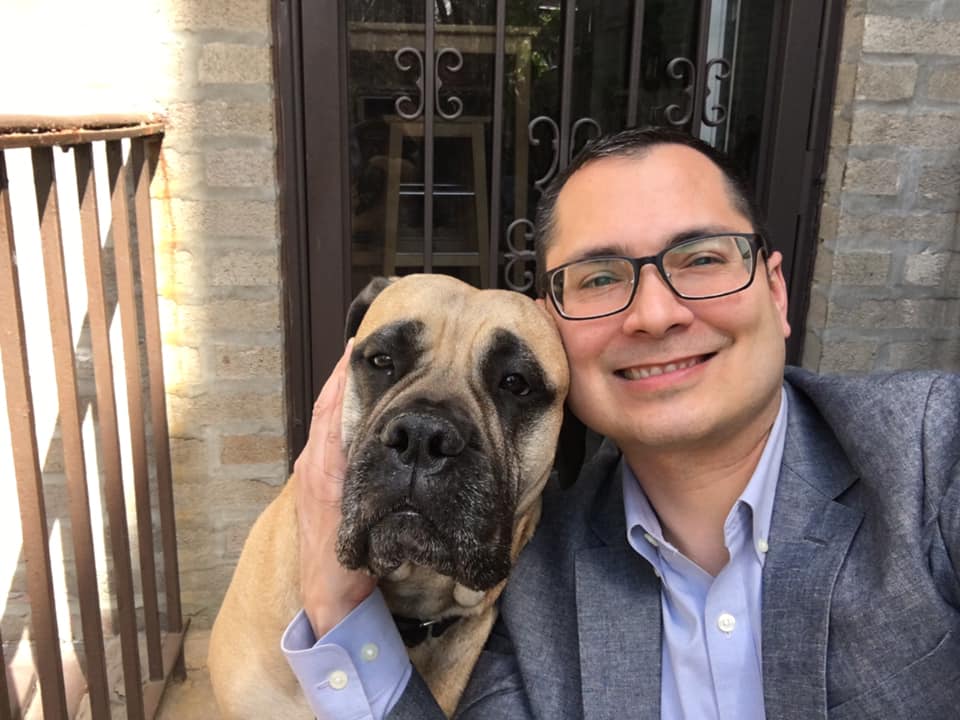
“I’ve been thinking about the way,” is how Danusha Laméris begins her poem “Small Kindnesses.”
I too have been thinking about the way, the way of the world, the way of our lives, the way of the church, the way of Jesus, as well as the way of her words in her beautiful poem about our ways of interacting with one another. In that poem she relates the numerous instances in which we regular people connect, are connected, simple and banal and yet, incredibly meaningful.
Or how the New York Times Magazine puts it, “a poem celebrating minor, automatic graciousness within a community, which can shine a penetrating light.” Graciousness and penetrating light! In particular it’s the last few sentences that really brings things home for me. It goes:
We have so little of each other, now. So far
from tribe and fire. Only these brief moments of exchange.
What if they are the true dwelling of the holy, these
fleeting temples we make together when we say, “Here,
have my seat,” “Go ahead — you first,” “I like your hat.”
Please, read the poem!

Maybe it’s odd but as I read the Hebrew Scriptures each week, especially during our weekly Bible study, I often envision that tribal fire in which the stories are repeated, the stories that we also repeat, that bring us meaning and vision and grace and light.
Two weeks ago I shared three stories in particular, although less stories and more like pictures of happenings in my particular setting. One of my encounter with my neighbor Bill. One about my new worm bin. And one about leaving the flowers. All about community in their own way.
I suppose this is about the everything else — those things that make us recognize that we are all connected.
One of my favorite authors/ecologists, Aldo Leopold, said, “That land is a community is the basic concept of ecology, but that land is to be loved and respected is an extension of ethics. That land yields a cultural harvest is a fact long known, but latterly often forgotten.” Okay, of course he’s talking about land and ecology, but this ethics also relates to all living things, to all of us, and to our cultures and ways of being and interacting. It’s about community, in the big sense, including all of us and everything!
There is a quote that I love (and has been likely wrongly attributed to Anton Chekov), “Any idiot can face a crisis; it’s this day-to-day living that wears you out.”
It is so easy to focus on the crises—and there are many! We run like a peewee version of a soccer team all chasing the ball simultaneously. But I wonder if the church’s role is to be dull and profound in that we focus on this day-to-day living. And we offer a culturally understandable but distinct way of doing so. It is a way that connects with so many but leads us outside of ourselves. A way of community – a community that goes well beyond our kind or tribe or even species.
The church finds itself in an incredibly weird space right now. Certainly that’s true for my own congregation and my denomination. But I wonder if this is the time to be normally weird, culturally pursuing a different but not so unusual way, small kindnesses as it were, that make significant differences. They are real.
During National Poetry Month this past April, the New York Times invited teenagers to respond to the above mentioned poem, Danusha Laméris’ “Small Kindnesses” with small kindnesses that they appreciated. Their responses—over 1,300 individuals—were collected by the author who then compiled them into a poem entitled – “Small Kindnesses: A Collaborative Poem by Teenagers From Around the World.” I hope you will read it too!
Relatively recently I heard a colleague tell of an incident where they were in a weekly “church gathering.” In this case it was an online centering prayer/yoga type meeting. In any event, it was during the height of the pandemic here in New York. As the meeting progressed, the sound of a passing ambulance filled the air of one of the online participants. They reacted, “I cannot stand this!” The group received that. But then another one of the participants, a hospital nurse, responded, “You know, every time I hear those sirens, I think that means someone who so very much needs care is receiving it and it gives me hope.”
From the Collaborative Poem:
“And sometimes, especially during the pandemic, the way you say a short prayer for whoever is in the blaring red and white ambulance, when you walk by”
I’ve been thinking about the way of responding, of being in and a part of community, of being together. . .

